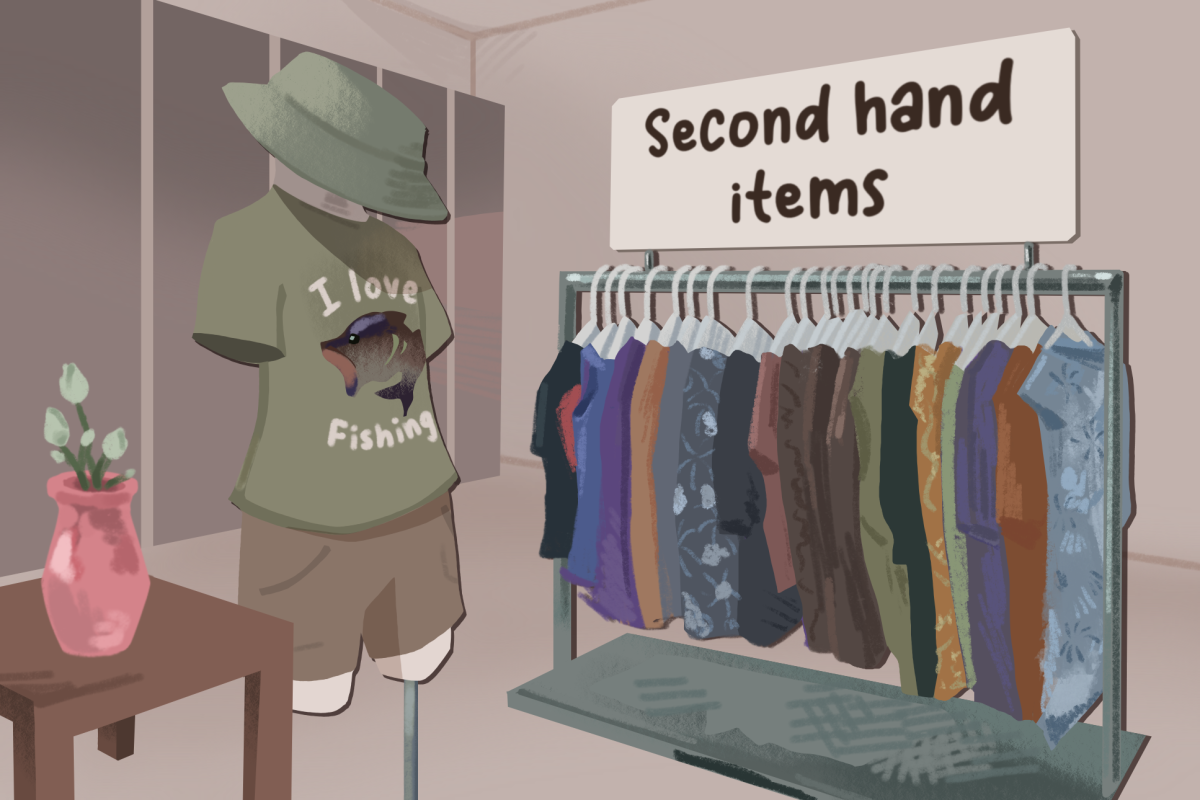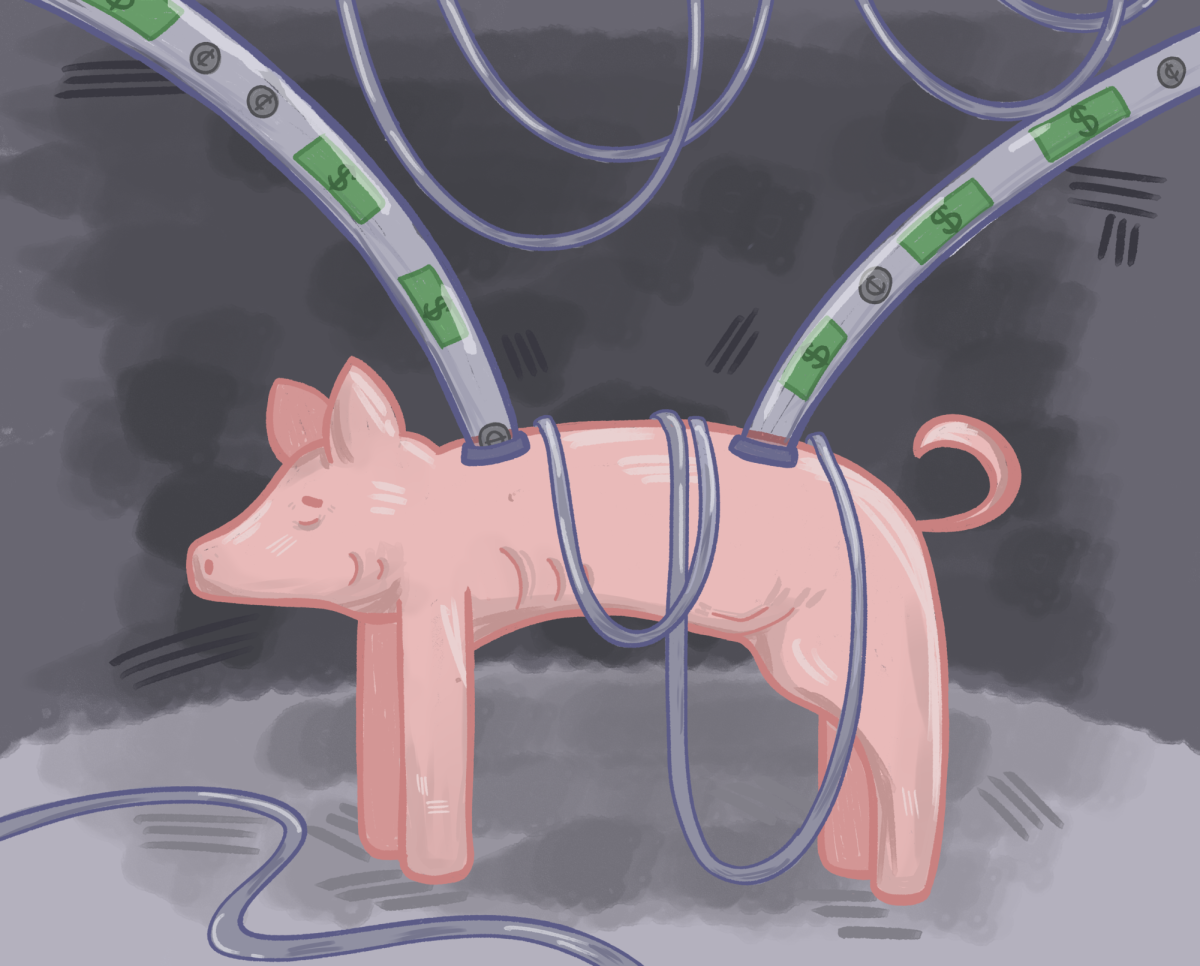By Karina Dunn
In-home care allows patients to receive treatment from the comfort of a familiar setting. Professionally trained nurses and therapists can ease recovery or help patients cope with long-term health issues at their convenience.
Home health care, a similar but unique service, includes cleaning, meal provision, assistance with personal hygiene, offering emotional support, and other services. Family members often step into this role when they cannot afford or do not trust home health care aides.
When family members provide home health care, they are also responsible for communicating with in-home care nurses. Family caretakers are an important source of information to nursing aides.
Unfortunately, there are nursing aides and practitioners who undervalue family caregivers.
Nurses and their supervisors need to consider how their practices affect caretakers and their patients. Including families in decisions on which companies are providing the services would reduce confusion on which providers manage different areas of care.
Practitioners who take advantage of their customers weaken caregivers’ faith in a nurse’s ability.
Family caregivers of immobile patients face the added challenge of coping with resistance from their loved ones. I have watched my grandmother wrestle with family who refused to exercise or eat, or demanded they be taken to homes they no longer owned.
While unintended, these tantrums are an example of the emotional stress placed on family members who take on the role of primary caregiver. Caretakers’ patience can grow thin as they deal with issues such as wander-prone family members or hallucinations..
Each of my grandmother’s family members suffered from dementia and Alzheimer’s. At first, she used home care nursing aides, but she lost trust in them through neglect, abuse, deception and theft.
In-home aides who arrive late for appointments or have unpredictable schedules contribute to the stress. While the majority of nurses are trustworthy, enough lack decorum and respect to cause concern.
Efforts to consult nurse-managers yield varying results. In my family’s experience, unprofessional managers claim they cannot locate nurses while they are working and cannot provide answers.
While the majority of nurses are professional, experiences with unprofessional agencies can sour the trust families place in the home care system.
Managers who facilitate communication between their nursing assistants and customers would bring order to a system with inherent scheduling conflicts and problems.
NEWS TICKER
Poorly trained nurses sour trust of home-care
April 15, 2016

Leave a Comment
More to Discover
Eastfield's Student Media
3737 Motley Drive, Room N-240
Mesquite, Texas 75150
3737 Motley Drive, Room N-240
Mesquite, Texas 75150















